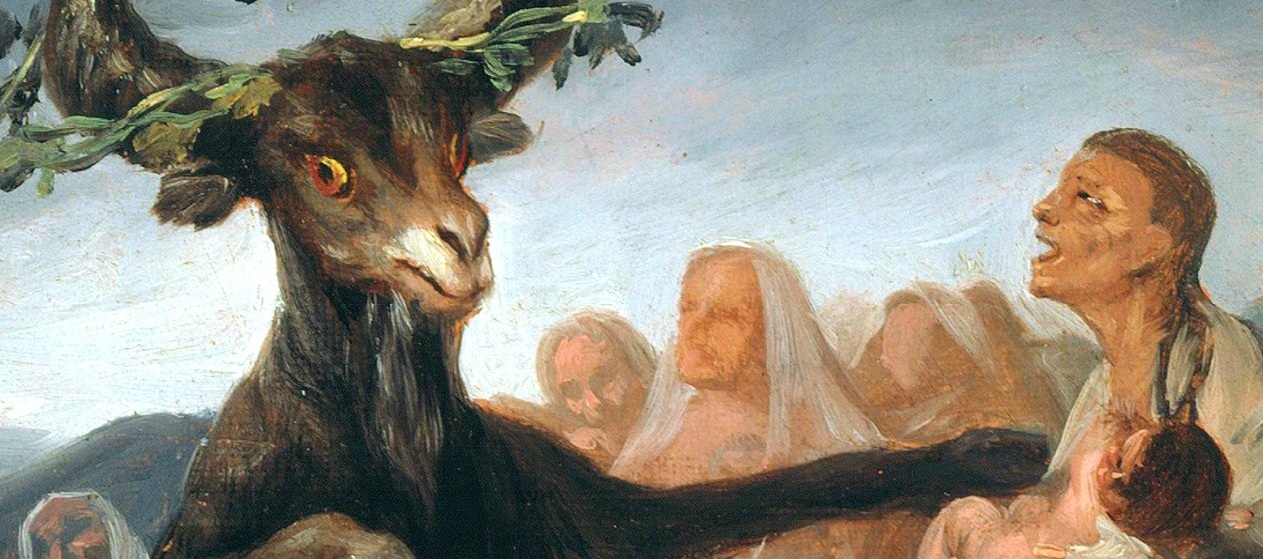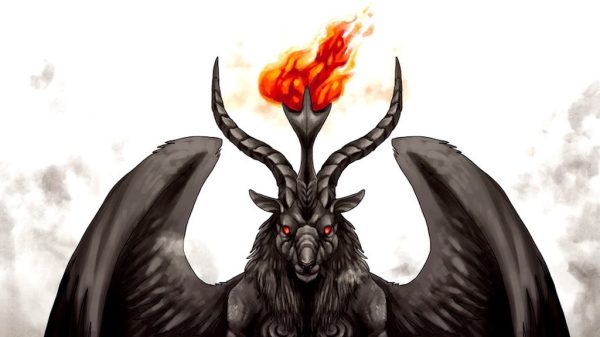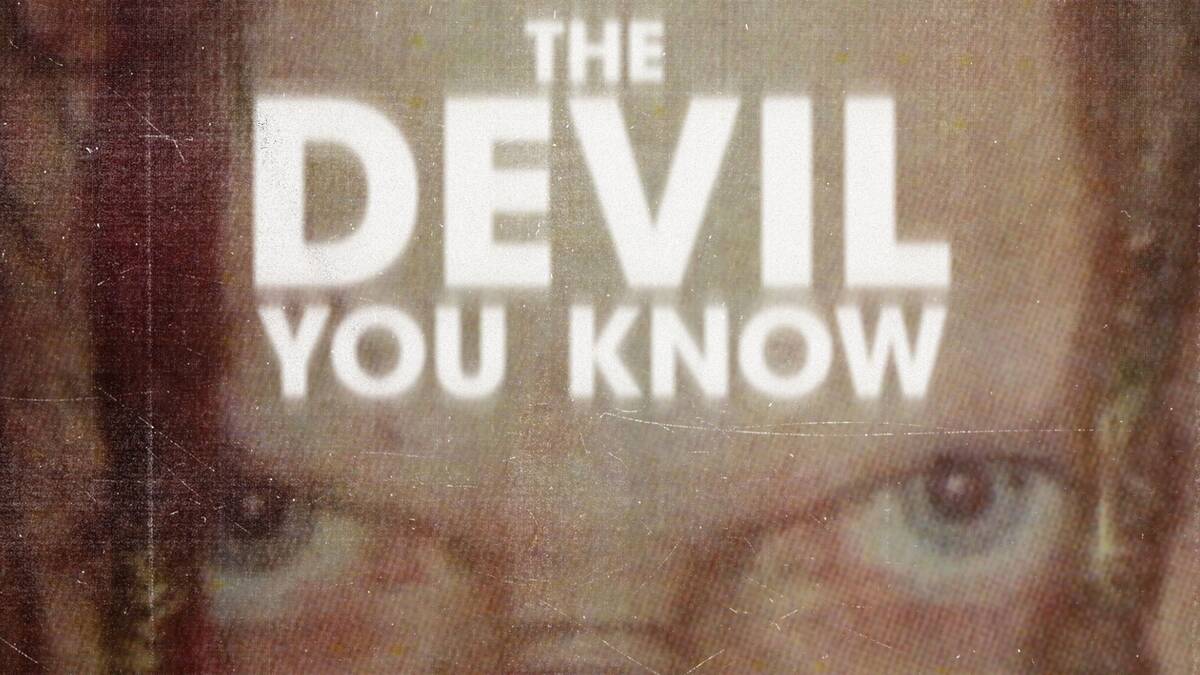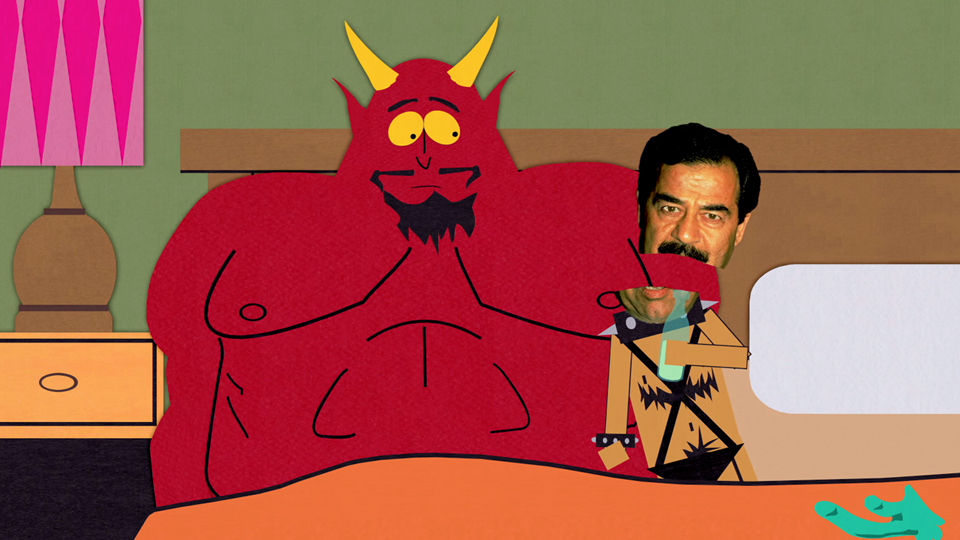As a non-binary individual who is also interested in the occult, I find the way that various occult practices view gender and sexuality to say a lot about the particular practice. I found my occult practice of choice (Hermeticism) before I was fully “out” to myself, but one of the things that I found most intriguing about Hermeticism was their view on gender. I was looking at multiple different practices at the time, trying to find which one was really right for me, and one of the things that sealed the deal was how each approached LGBT issues. I still find it a fascinating topic, and one worthy of exploring; so I am going to briefly discuss three occult practices and their general views on gender and sexuality.
Disclaimer: I am not trying to say these are the views of everyone who is practicing within these particular sects, rather that they are the general teachings of that sect and will be what you would probably find when learning the broad strokes of that practice, as I did. Keep in mind that I only practice Hermeticism, I do not practice Satanism or Wicca, and so my information on these might not be as accurate as they could be. None of these views are necessarily good or bad, just different from each other. What I have written is entirely based on my reading of teachings and online communities.
Satanism
As is typical of the Church of Satan, most things that are considered taboo by Abrahamic religions are A-OK with them. Essentially their only rule when it comes to sexuality is to abstain from sexual acts with those that have not given consent, or rather how they put it, “given the mating signal.” This includes homosexuality and even asexuals who wish to abstain altogether.
When it comes to gender, they have similar views, which is mostly welcoming neutrality. If you are a trans or non-binary individual, you are welcome within the Church of Satan. The only thing I found a little bit odd, is that on their FAQ for gender and sexuality they state this: “If one of our members wishes a membership card reflecting a name change due to a gender identity different from when they originally joined, proof of appropriate clinical treatment for gender transition to the new gender should be supplied and, if such has been issued, updated legal ID for our records.” I find this interesting, considering their usual openness, and makes me concerned for non-binary individuals who do not undergo treatment. Everything else about the Church of Satan in LGBT matters, however, seems to be welcoming with wide open arms, and that is great.
Read an article about The Satanic Temple’s opinion on its LGBTQ members here.
Wicca
One of the first things you learn about Wicca is the God, and the Goddess. Depending on what tradition of Wicca (there are many), you might see them as being one almighty God and Goddess, that embody predominately male and female traits respectively, or you might see them as all the worlds Gods and Goddesses manifested into one of each that takes different forms, or you might see them as simple archetypes of human consciousness. But no matter what tradition, there is always a God (male) and a Goddess (female).
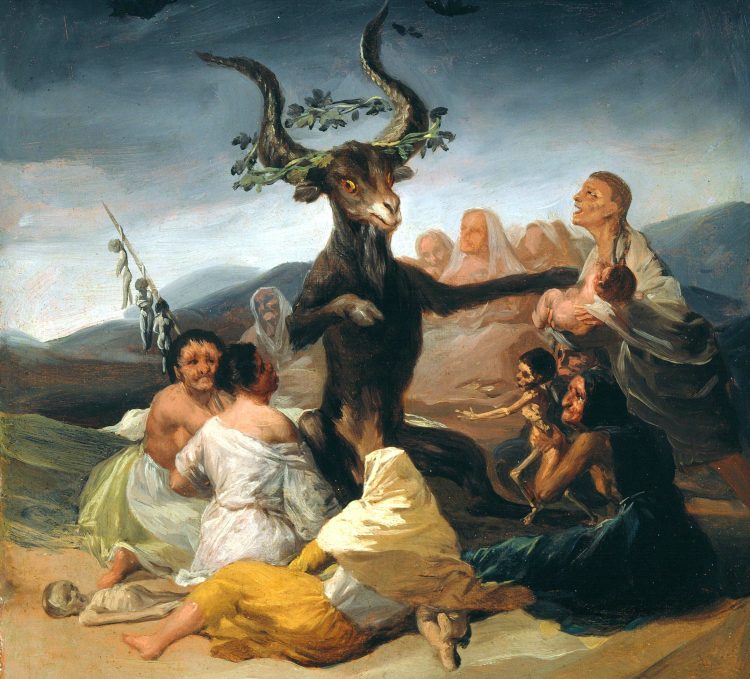
So you could say that at its core, Wicca enforces gender roles pretty deeply; but what about in practice? Well, that again depends on the tradition you practice. We will only talk about a few notable ones here: Gardnerian Wicca, which is a very traditional sect of Wicca, is probably the most steeped in gender roles, and Gardner himself was rumored to be a homophobe, although this was never confirmed nor denied. Gardner was quoted as saying, “The witches tell me ‘The law always has been that power must be passed from man to woman or from woman to man, the only exception being when a mother initiates her daughter or a father his son, because they are part of themselves.'” Traditional Wicca also usually involves a ritual in which there is sexual intercourse between a man and a woman, meant to symbolize the God and the Goddess.
There is also Dianic Wicca (also known as Feminist Wicca), where female-only covens are formed and they worship only the Goddess. Oftentimes traumatized women are drawn to Dianic Wicca, and their covens will raise awareness to feminist issues. They are also much more inclusive of LGBT members than traditional Wicca, and there are often lesbians and bisexual women in their covens as well, but by no means exclusively.
As you can see, Wicca’s inclusiveness can depend on what tradition you practice. But what I found was that at its core gender roles are often enforced in the teachings if not by the people, even in LGBT friendly sects.
Hermeticism
There is a Hermetic text that was published in 1908 under a pseudonym, purported to be the essence of the teachings of Hermes Trismegistus (the prophet figure of Hermeticism). In that text, there are seven principal teachings, one of them being the Principal of Gender. The Principal of Gender states thus:” It is said that there must be a balance in these two forces. Without the Feminine, the Masculine is apt to act without restraint, order, or reason, resulting in chaos. The Feminine alone, on the other hand, is apt to constantly reflect and fail to actually do anything, resulting in stagnation. With both the Masculine and Feminine working in conjunction, there is thoughtful action that breeds success, which points out that both the Feminine and the Masculine fulfill each other.”
This can be interpreted in a few ways; especially considering that many things within Hermetic teaching is steeped in analogy and metaphor. You can read as enforcing gender roles, saying that a man and a woman complete each other and have only specific traits, leaving no room for homosexuals or trans people, or you may see it as there is masculine and feminine within each person, and you must find harmony between the two. Considering that Hermeticism is steeped in self-journey and discovery and not a lot of sex, I would think it to be the latter.
Now in terms of sexuality, traditional Hermetic practice usually promoted celibacy to an extent during certain steps of your inner alchemy, but this was generally seen as a choice and not a necessity. Modern Hermetic brotherhoods seem to view it the same way and ancient hermetic texts (from what I have read) seem to not mention sex or sexuality at all. Hermeticism is a very individualist, mold-it-the-way-you-like-it sort of practice. Certain orders of practice may hold certain views, as some sects will have sex rituals similar to traditional Wicca, and others may practice celibacy, or just not have views on sex at all.
Hermeticism is really up to interpretation, especially considering that it is all about personal journey and bettering you as a person. Really, that can mean just about whatever you want; whether that includes gender and sex or not.
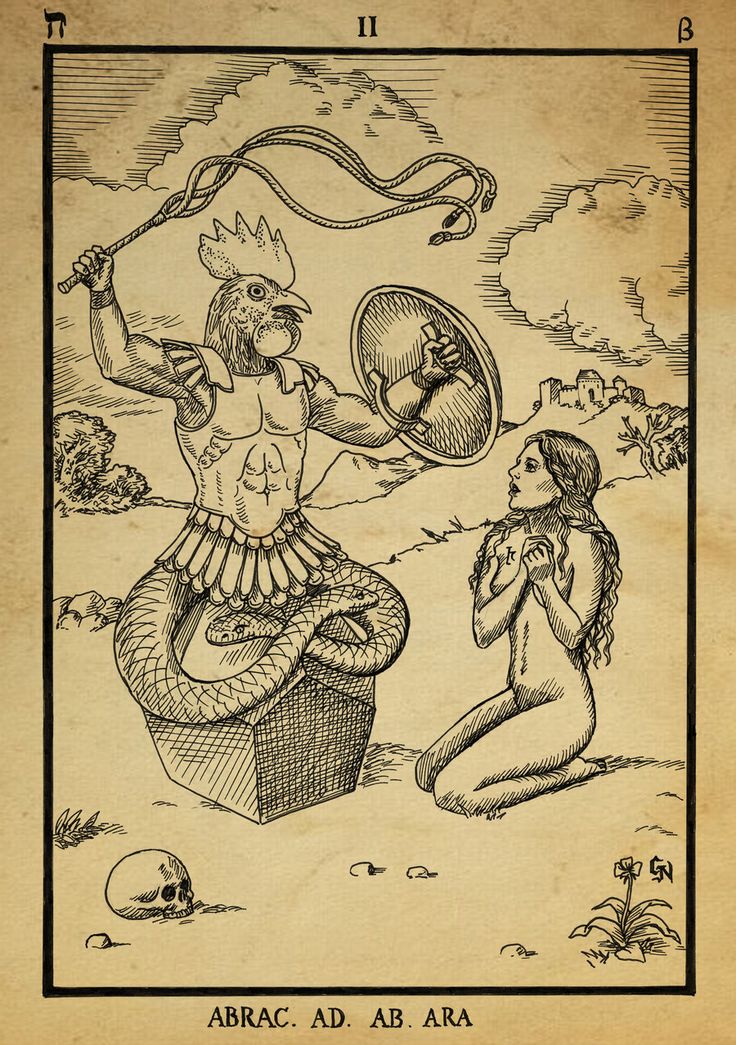
So it seems that the running theme with all three of these is that the closer to the modern age they get, the more open they are, and that depending on the sect you can find wildly different views on sex and gender (and many other things too). As I said in my disclaimer, none of these views are “right,” just different and fascinating to discuss in a modern age where LGBT rights are becoming more and more important and in the forefront of the general public. I, for one, am glad to see that many occult practices are opening themselves to the LGBT community, even if they were not so open before.

